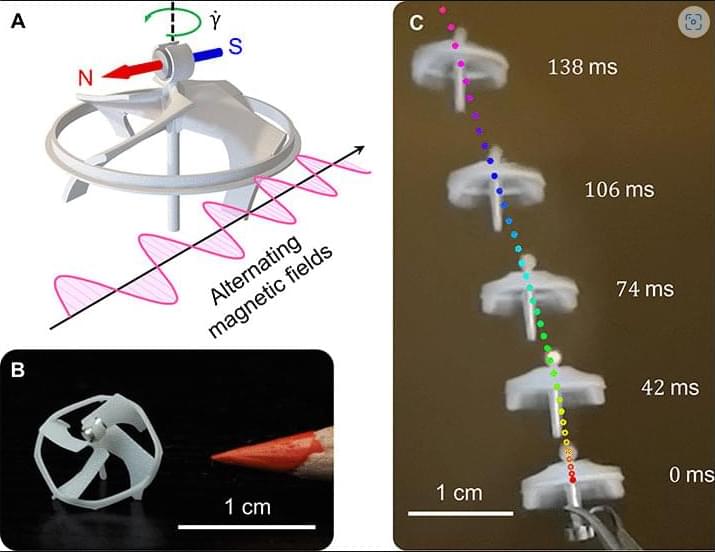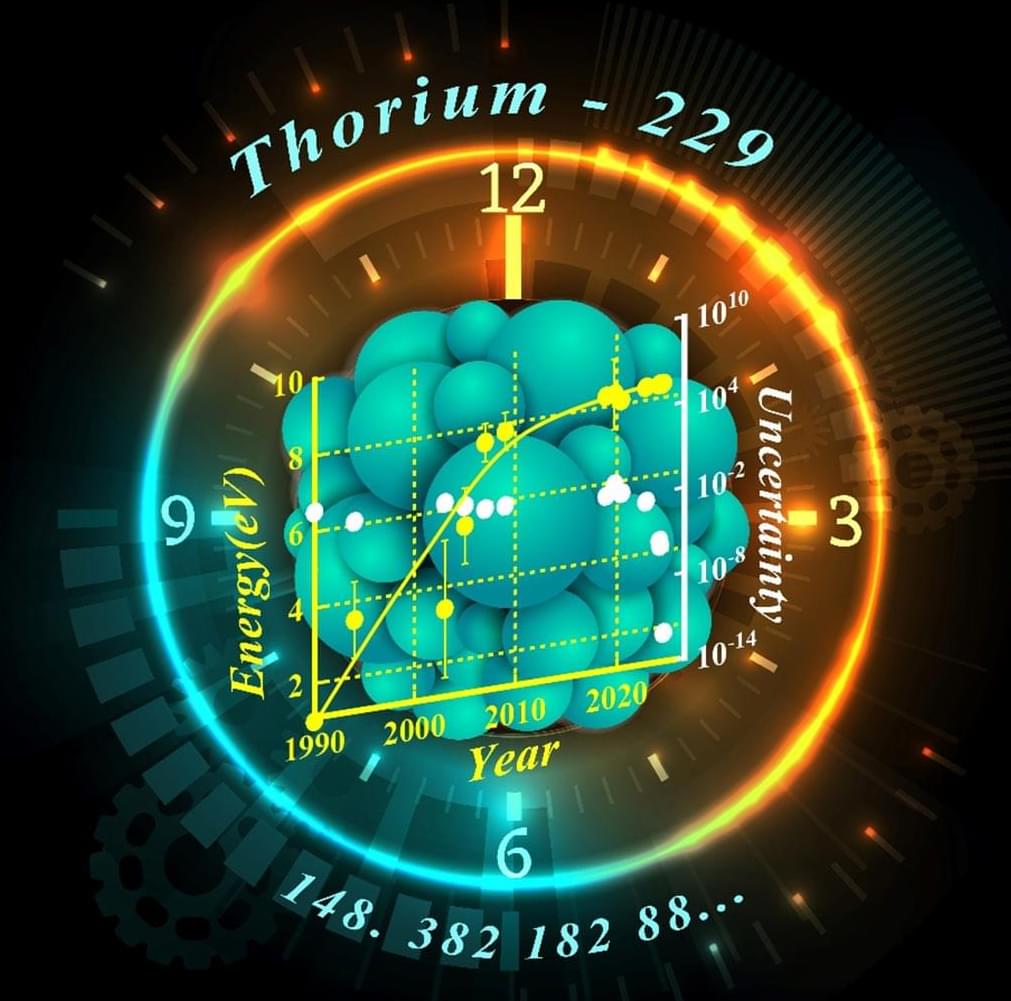This article isn’t about whether AI is conscious. It’s about how it behaves—or, more precisely, how it performs something that resembles thinking within a completely different geometric, structural, and temporal reality. It’s a phenomenon we’ve yet to fully name, but we can begin to describe it—not as a function of symbolic logic or linear deduction, but as something more amorphous, more dynamic. Something I call the fluid architecture of cognitive possibility.
Traditional human thought is sequential. We move from premise to conclusion, symbol to symbol, with language as the scaffolding of cognition. We think in lines. We reason in steps. And it feels good—there’s comfort in the clarity of structure, in the rhythm of deduction.
But LLMs don’t think that way.









